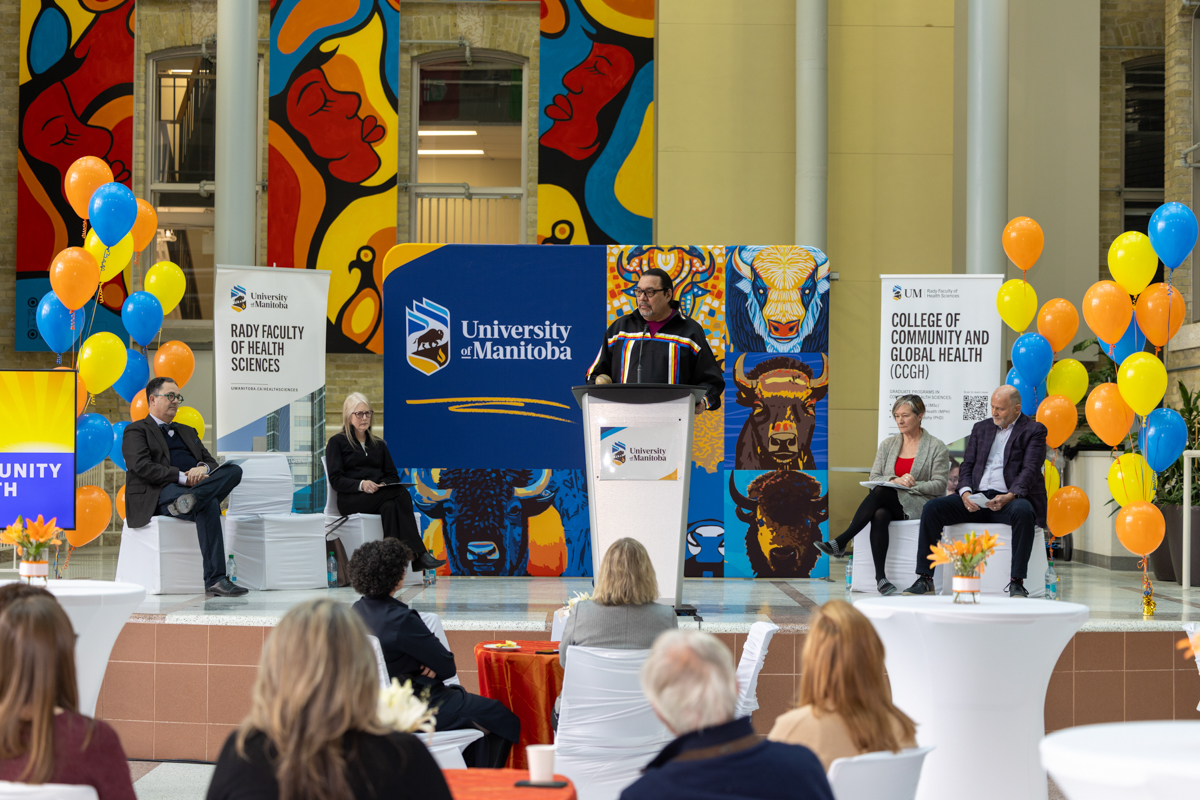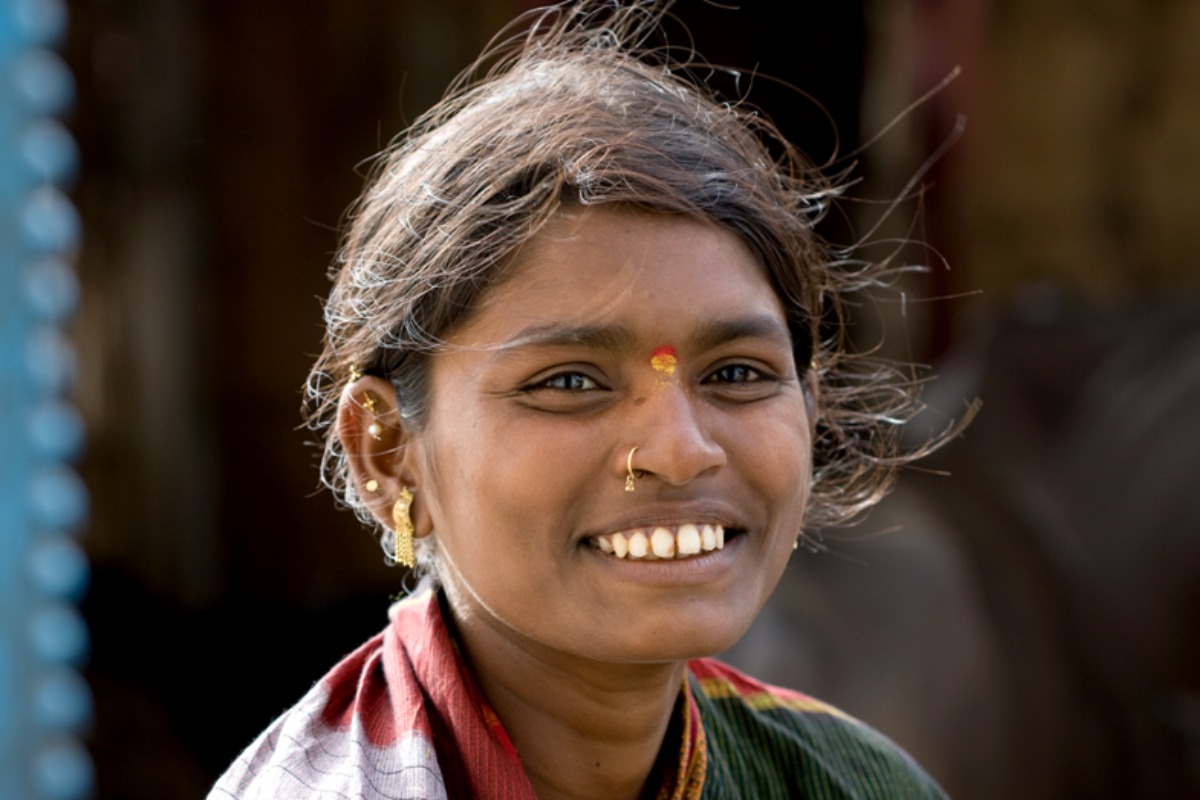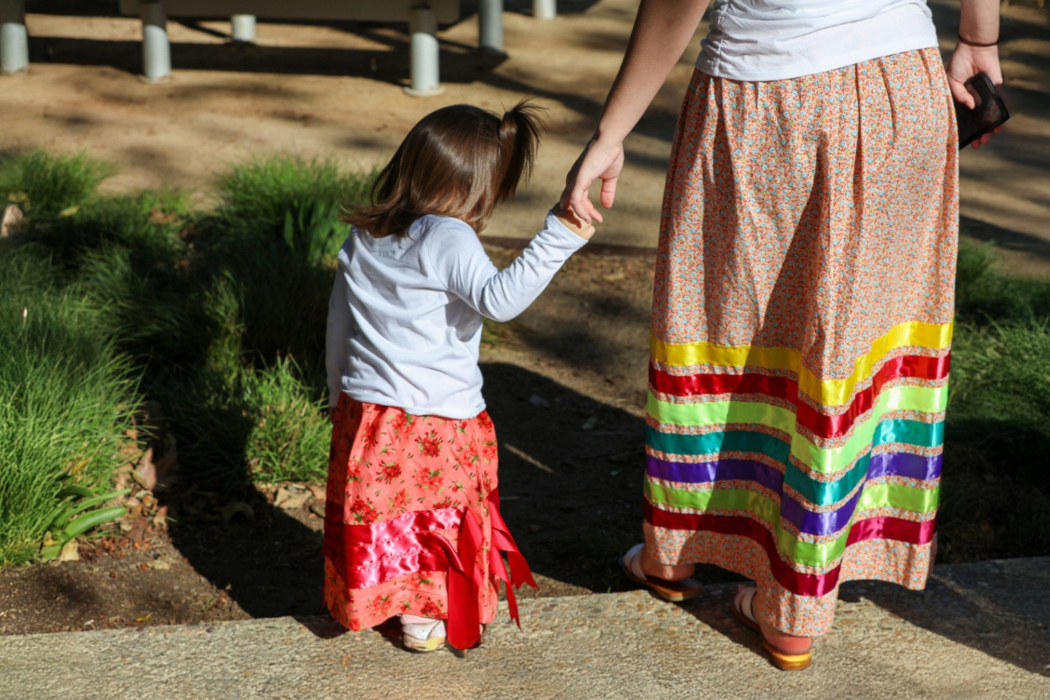
College of Community and Global Health
News and stories
View more news and stories-

‘Dreamcatcher’ of colleges
Teaching and learning, Rady Faculty of Health Sciences, College of Community and Global Health, Health and wellness, Ongomiizwin Indigenous Institute of Health and Healing
-

‘Communities near and far’: UM launches new College of Community and Global Health
Teaching and learning, Students, Rady Faculty of Health Sciences, College of Community and Global Health, George & Fay Yee Centre for Healthcare Innovation (CHI), Institute for Global Public Health (IGPH), Manitoba Centre for Health Policy (MCHP), Ongomiizwin Indigenous Institute of Health and Healing, Global Health
-

First Nations mothers at higher risk of death after children removed by child welfare system, Manitoba study finds
Research, Indigenous, Rady Faculty of Health Sciences, College of Community and Global Health
More ways to stay informed: Explore our magazine and podcast
RadyUM: Read the latest issue online Listen to the RadyUS Podcast — 101.5 UMFM
What we offer
Institutes and facilities
We partner and collaborate with several Rady Faculty of Health Sciences institutes and facilities to enhance your training experience.
Connect with us
You may also be looking for
Contact us
College of Community and Global Health
Rady Faculty of Health Sciences
Room S113 - 750 Bannatyne Avenue
University of Manitoba (Bannatyne campus)
Winnipeg, MB R3E 0W3 Canada





